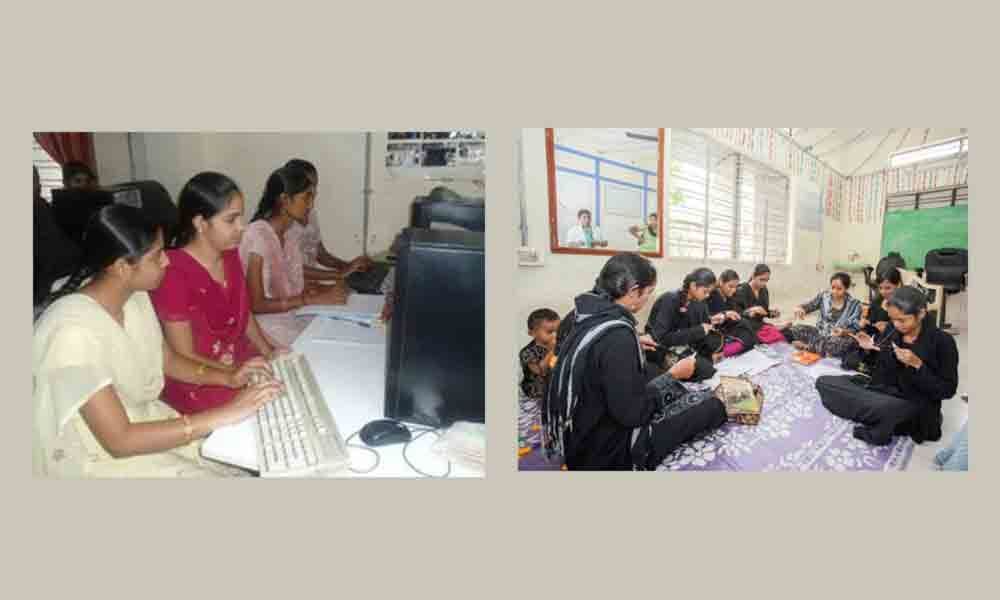Skills development, a must for financial independence
By 2020, our country will receive a “demographic dividend” — 65 per cent of the population will be under the age of 35. It would give the country a huge advantage, provided certain measures are taken.
By 2020, our country will receive a "demographic dividend" — 65 per cent of the population will be under the age of 35. It would give the country a huge advantage, provided certain measures are taken. At present, statistics about unemployment rate among youth in India paint a dismal picture. According to the International Labour Organisation, in 2016, the global unemployment rate for youth stood at 13.1 per cent. Data by the Labour Bureau suggest that, during that period, India was on par with the global average —13.2 per cent of those between 18 and 29 years of age who were seeking a job in 2015-2016 remained unemployed.
As our country targets to become a global economic powerhouse, it needs to equip its workforce with employable skills and knowledge to make India a developed economy
Over the years, industry experts have argued that 'lack of opportunities' is a concern. But there is a greater concern — lack of skills which is looming large. According to the National Sample Survey, out of the 470 million people of working age in India, only 10 per cent receive any kind of training or access to skilled employment opportunities.
A recent employability report has found that over 80 percent of engineers in India are unemployable as they lack the technological skills required by employers. In today's age of globalization and technological volatility, skill building is an important instrument to increase the efficacy and quality of labour for improved productivity and economic growth. Skill development has emerged as a key strategy to realise the potential of demographic advantage of having the youngest workforce with an average age of 29 years in comparison with the advanced economies. It is a pivot to employ human resources available to improve our country's competitiveness and growth
Clearly, there's a huge mismatch between demand and supply when it comes to skilled workforce and employment opportunities, which could place a strain on the economy in the long run. Though recent initiatives such as "Skill India Mission" aim to train and create an employable skilled talent pool of 500 million people by 2020, there still is a long way to go.
We need to set up career counselling and guidance centres to sensitise, guide and counsel literate, employable youth on higher education, life skills enhancement and give them employment opportunities, especially for rural folk for whom getting a job or setting up a business can be hard to make them financially independent.
The main goal is to create opportunities, space and scope for the development of the talents of the Indian youth and to develop more of those sectors which have already been put under skill development for the last so many years and also to identify new sectors for skill development.
We need to put emphasis to skill the youth in such a way so that they get employment and also improve entrepreneurship. Skill training needs to Provide training, support and guidance for all occupations that were of traditional type like carpenters, cobblers, welders, blacksmiths, masons, nurses, tailors, weavers etc. Also more emphasis to be given on new areas like construction, transportation, textile, gem industry, jewellery designing, banking, tourism and various other sectors, where skill development is inadequate or nil.
Skill development will
• eradicate unemployment and poverty.
• Increase capacity & capability of existing system to ensure equitable access to all.
• It will promote lifelong learning, maintaining quality and relevance, according to changing requirement particularly of emerging knowledge economy.
• It will channelize the vast potential of indigenous man power.
• It will transform India into a diversified and internationally-competitive economy.






